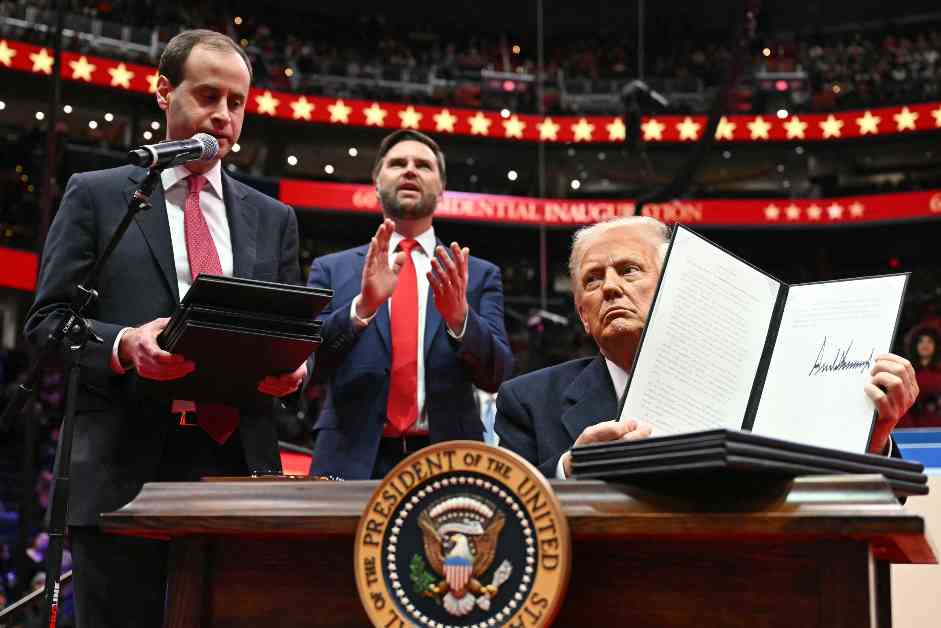Trump Administration Withdraws from Paris Agreement
The Trump administration has taken steps to formally withdraw the United States from the 2015 Paris Agreement, a landmark international effort to combat global warming. President Trump signed an executive order on Monday that will initiate the withdrawal process, making the U.S. one of the few countries not part of the global pact to reduce greenhouse gas emissions and prevent a significant rise in Earth’s temperature. This decision has significant implications for both the environment and the economy.
Implications of the Withdrawal
The withdrawal from the Paris Agreement means that the U.S. will likely not be actively involved in shaping global climate policies under the United Nations Framework Convention on Climate Change. While the administration argues that the agreement does not align with American values and diverts taxpayer dollars to other countries, critics warn that this move will hinder global efforts to address climate change and could have negative repercussions on the American economy in the long run.
Global Reactions and Expert Opinions
Experts and environmental advocates have expressed concern over the U.S. withdrawal from the Paris Agreement. Laurence Tubiana, CEO of the European Climate Foundation, emphasized that while the U.S. decision is regrettable, global climate action will continue with or without American participation. Climate scientist Michael Mann warned that the U.S. could align itself with other countries that impede progress on climate issues, potentially undermining efforts to curb greenhouse gas emissions worldwide.
Legal Battles and Future Outlook
While there may be legal challenges to some of the administration’s climate-related executive orders, the withdrawal from the Paris Agreement is unlikely to be stopped. However, experts like Michael Gerrard of Columbia University foresee legal battles ahead as the administration seeks to implement its climate policies. John Morton of Harvard University underscored the importance of U.S. leadership in global climate efforts and warned of potential consequences if the country fails to fulfill its obligations.
In the face of these challenges, the world is closely watching how other countries and international bodies will respond to the U.S. withdrawal from the Paris Agreement. The decision has raised concerns about a possible global retreat from climate action and the impact it may have on efforts to combat climate change on a global scale. The future of climate governance and environmental protection hinges on the collective actions of nations and the commitment to address this pressing issue.














